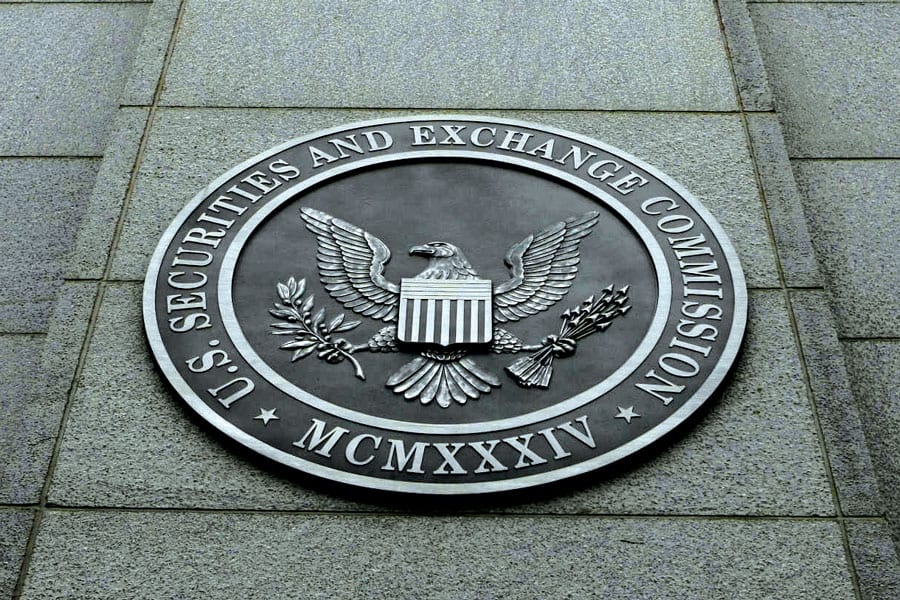Securities and Exchange Commission official Brett Redfearn told CNBC’s Bob Pisani that the U.S. markets are having “very few technical issues” despite extremely high trading volume and elevated volatility.
“Our markets have held up very well. They’ve been orderly, they’re functioning well. We’ve seen very few technical issues, very few system glitches,” Redfearn said on “Squawk Alley.” “And fundamentally I think the verdict is our markets are demonstrating remarkable integrity and resiliency.”
The U.S. stock market had its worst stretch since the financial crisis last week, with the Dow Jones Industrial Average plunging about 12%. Trading volumes were higher across the board, and the Cboe Volatility Index spiked above 40 to hit its highest level in two years.
That turmoil has continued this week, with the volume of the SPDR S&P 500 ETF Trust, a widely traded fund that tracks the broader market, surpassing its 30-day average volume by midday Tuesday.
The activity has led to some issues for online brokers and trading platforms, including Robinhood, but Redfearn, who is the director of the SEC’s division of trading and markets, said the markets themselves have held up. Improvements to the markets have helped them perform better this time than in other turbulent periods, Redfearn said.
“I think the exchanges have made a significant amount of investment in the infrastructure, and I would also say the SEC has put a number of different rules and other procedures in place,” Redfearn said.
The SEC official also said he didn’t see a need to bring back the uptick rule, which was eliminated in 2007. The regulation, which billionaire investor Leon Cooperman called for on Sunday, prevented short sellers from betting against stocks that are already falling.
However, Redfearn said the SEC already has a similar rule in place that kicks in once the market is down 10% or more. The regulator implemented the rule, called Rule 201, in 2010.
“That slows them down, and that’s an initiative that was put in place after the financial crisis to help deal with those concerns about short sellers,” Redfearn said.

